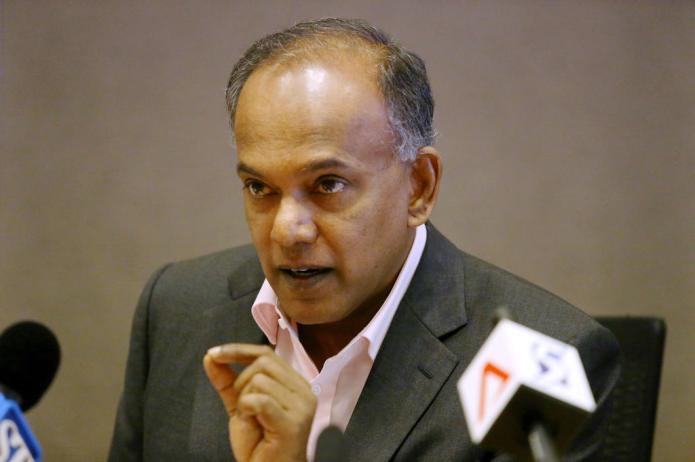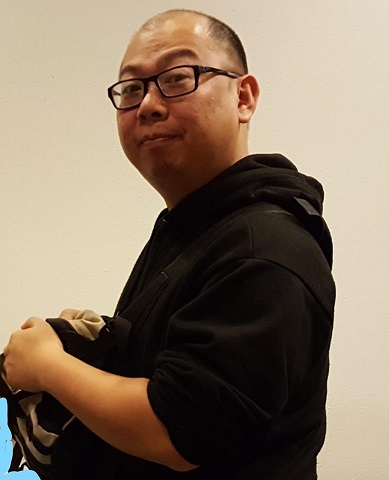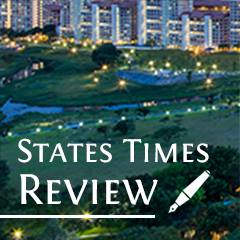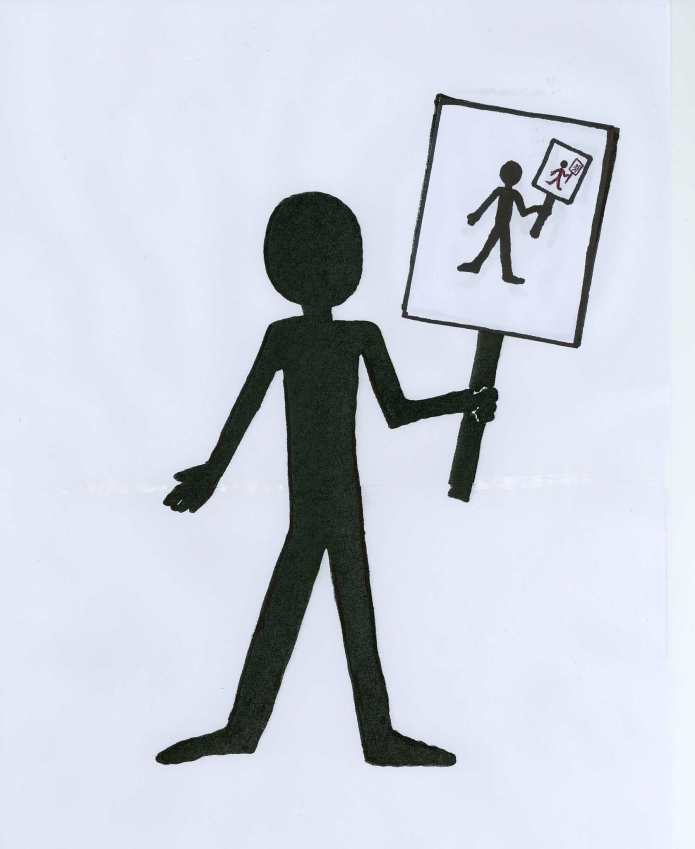Note: This is the original article published by Mothership which the Ministry of Home Affairs said did not accurately reflect the views of the Home Affairs and Law Minister. Mothership has since retracted this article and re-published it here
Mothership issued the following clarification:
Our earlier version gave the impression that Minister Shanmugam has changed his mind on rule of law. This is wrong and taken out of context.
Minister Shanmugam said in Parliament that the rule of law is fundamental for Singapore and its success. He also said that the government has always been committed to the rule of law and continues to be so. He also referred to some countries around the world “where rule of law is a concept for lawyers but it does not operate in the real world.” He used this as a contrast to how the rule of law is applied in Singapore.
Mothership apologises for the misrepresentation. We have corrected our article to accurately represent Shanmugam’s comments.
Shanmugam explained why his views on the law have changed from when he was a young backbench MP.
Minister for Law and Home Affairs K Shanmugam’s views on the law have changed from when he was a young lawyer in the 80s, he said during the debate on the Foreign Interference Countermeasures Act (FICA) in Parliament on Oct. 4.
When he was a backbench Member of Parliament (MP) and a young lawyer, Shanmugam said he believed that the courts were the solution to every problem.
He no longer thinks this way.
Used to challenge laws that took away powers from the judiciary
The Leader of the Opposition Pritam Singh was seeking clarifications over Shanmugam’s statements made in 1989, where he seemed to express similar concerns over the limited scope of the judiciary in an ISA amendment bill.
During a Parliamentary debate over an amendment to the Constitution, Shanmugam said: “The government works on the basis that the persons in government should be upright, moral and only do what is good for the country. Thus the people have nothing to fear, despite the powers that the government has. These powers will never be abused and because they are so effective, they help the government govern effectively for the greater good of all. So that has worked. But can we be sure that down the road, the situation will be the same? We cannot guarantee that the future government will comprise honourable men… an argument, therefore, can be made out that there must be checks and balances within the system.”
Shanmugam: Tell me a better model on how to improve FICA
Shanmugam said that when he was a backbench MP, he routinely spoke up against laws like the Maintenance of Religious Harmony Act and the Internal Security Act, which gave little scope for the courts to act.
As a young lawyer who was called to the bar just four years prior to the speech, Shanmugam said that his younger self always sought to uphold the independence of the judiciary, as its importance was drilled into him in law school.
Shanmugam said he still believes in the principles of the rule of law and separation of powers, both then and now. “So anytime when there is an approach that seeks to cut back on judicial review, or take away the powers of the judiciary, my instinctive reaction is negative. I don’t like it. I don’t want to do it. And I instinctively try and see if there is a different way of doing it.”
Shanmugam said he had expressed such discomfort about other laws, and even with FICA, he said that he was open to ideas on how it could be done better.
“Likewise today I said, if we can find a better model. I’ll be the first one to do it.” he said.
But he disagreed that going to the High Court for FICA is a better model, as the possibility of leaks of sensitive intelligence in a tribunal is much less than in the court.
A person who doesn’t change their mind is “stupid” or “ideological”: Shanmugam
Shanmugam then shared how his views have evolved over time.
“Rule of law is a concept for lawyers, but it doesn’t operate in the real world,” he said.
He cited examples like the United States during 9/11, where “lip service is paid to all these grand concepts”, but whose societies “live in utter misery”.
He said that because the U.S. has an “ideological commitment to due process”, where everyone should be afforded a trial and a lawyer, it struggled with the hypocrisy of setting up Guantanamo Bay, where alleged terrorists were imprisoned without trial.
In the face of these experiences, Shanmugam had to rethink his stance on the law: “If a man looks at the facts — the real world — and refuses to change his mind, he is either stupid or he is ideological, I am neither.”
Mentioned Lee Kuan Yew’s “order, before law”
Shanmugam also shared some of his formative experiences from his younger years, where he would get into debates with the late Lee Kuan Yew.
He referred to Lee’s 1962 speech to the Law Society, where Lee suggested that the phrase “law and order” should be inverted to “order and law”, as he believed that the rule of law cannot function in a society without first having order.
“If you can bring order into society, then your law will take full effect,” Shanmugam said.
He added that Singapore enjoys its stability today because it was able to ensure that there was order first, and then ensuring that there is a commitment to the rule of law, but “making exceptions when necessary”.
No judicial review as information relating to FICA is “much more confidential and secret”
Pritam responded, saying that while he recognised that Shanmugam’s change of views was understandable, as everyone “[goes] through such a catharsis in [their] lives”, he wanted to clarify why judicial review had to be limited in FICA’s case.
Shanmugam said his ministry had assessed that the information evaluated under FICA is “much more confidential and secret” and that they would have to rely on their different intelligence partners where a greater deal of secrecy is required.
“This should not go to the court process at all,” he added.
Nonetheless, Shanmugam said he is “happy to consider” other review processes that would make it more robust, as long as it does not affect secrecy and confidentiality.





